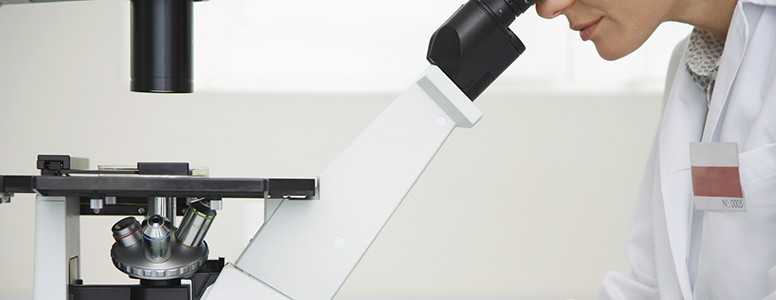Cells that express a particular gene could one day be used to create insulin-producing beta cells to treat diabetes, according to new research.
The study, conducted at the University of South Florida, found that neurogenin 3 (NGN3) is the “master gene” that controls the development of insulin-producing beta cells in the pancreas.
The researchers found a large number of NGN3-expressing cells in the adult pancreas, in the area that is responsible for digestive enzymes. They noticed that NGN3-expressing cells were very similar to those that produce islet cells.
“NGN3 expression in the adult pancreas was unexpected, because it cannot be detected in the adult rodent pancreas – only during fetal development,” said Michael Shamblott, PhD, and principal investigator of the study.
The researchers are optimistic that NGN3 could contribute to more readily available islet cell transplants. Currently, islet cell transplants are impaired by a lack of donors and the limited durability of islet grafts. The process often requires a number of donors in order to perform a single transplant, and recipients usually need to take immunosuppressant drugs to stop their bodies rejecting the transplant.
Shamblott said: “Now that we know these NGN3 cells are a normal part of adult human pancreas biology, we can learn to increase them and to coax them towards becoming differentiated pancreatic endocrine cells by using specific drugs.
“Our goal is to regenerate functional beta cells that can cure diabetes.”
The findings were published in PLOS ONE.
What's new on the forum? ⭐️
Get our free newsletters
Stay up to date with the latest news, research and breakthroughs.






